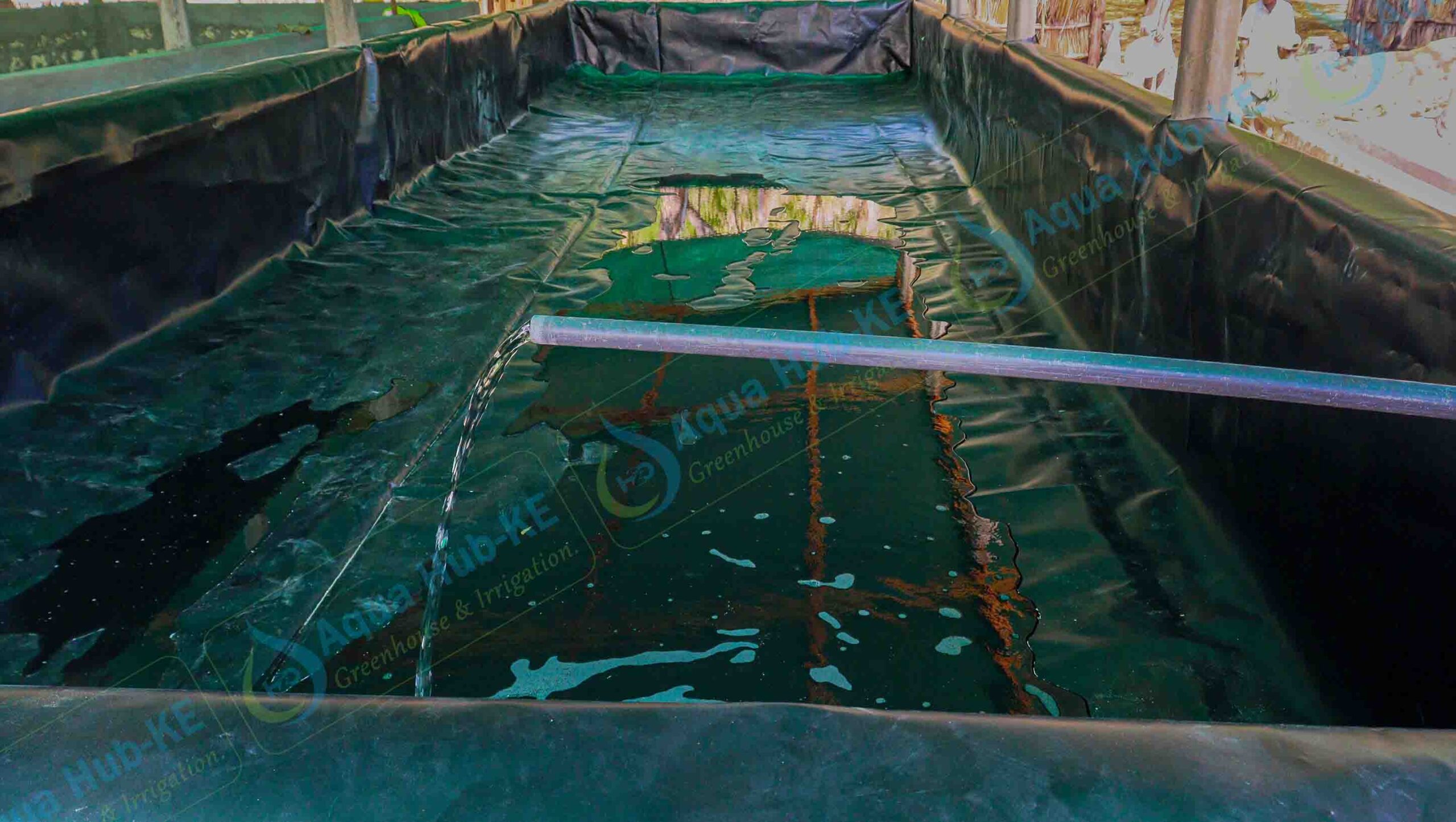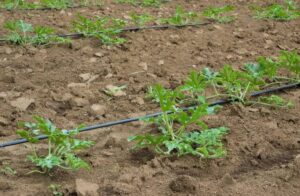PVC pipes are common in plumbing systems and domestic water pipe connections due to their cheap cost of purchase. They are also ideal options for irrigation systems such as drip, sprinkler, and rain hose. It is the durability and strength of PVC pipes that make them ideal for supply of clean water and irrigation in Kenya.
Sizes Of PVC Irrigation Pipes
PVC pipes are in various sizes categorized by the diameter size of each specific pipe. The diameter sizes existent is 20 mm, 25 mm, 32mm, 40mm, 50 mm, 63mm, 75mm, 90 mm, and 110mm.
Types and Applications
There are several types of PVC pipes which fall in various types as per the pressure rating and application.
CPVC – Chlorinated Poly Vinyl Chloride pipes. Suitable for water supply in homes, buildings, and industrial settings.
UPVC – Unplasticized Polyvinyl Chloride. Light and portable pipes that supply water in industries, commercial buildings, and industries.
PVC-O – Molecular oriented PVC . For supplying clean drinking water and high-pressure irrigation water supply. They are non-corrosive and strong to enhance resistance and performance under harsh conditions.
What Matters when Buying PVC Pipes in Kenya?
When choosing to acquire the best PVC pipes for irrigation systems, consideration on some essential factors is important.
The size of the pipe, quality, material of manufacture, pressure rating, and price of the pipes are things to consider. Here is the reason why these factors are considerable.
Size: The size of the pipe you choose determines the flow rate, pressure, and fittings to use. Go with the ideal size for the water needs of your irrigation system.
Material – The material or type of PVC pipe is worth looking at. Consider whether the pipe is durable and suitable for use in irrigation.
Cost Price – The price decides which pipes to buy.
Corrosion Resistance – Choose quality plastic PVC pipes as they are resistant to chemical and environmental corrosion.
Pressure Rating and Compatibility – Consider the irrigation system pressure needs to ensure you choose a pipe that can withstand it. Incompatible pipes often burst or leak when used in high-pressure irrigation.
Installation
PVC pipes in most cases, connect the mainline parts of irrigation systems. They are alternatives for HDPE mainline pipes in drip irrigation systems.
Most people may prefer to install PVC underground so that it remains protected from mechanical damage.
- During installation, you make trenches 2 ft deep and bury the PVC pipes.
- Connect them using glue sealant.
- Use appropriate fittings where necessary to allow water distribution or navigation from mainline pipes to delivery pipes.

Benefits of Using PVC Pipes for Irrigation
- PVC Pipes are cheap and accessible compared to other irrigation pipes.
- Under the right installation, PVC irrigation pipes operate well for a long time without leaking or getting damaged.
Common Mistakes to Avoid When Using PVC pipes for Irrigation
- Leakages are common to occur in PVC pipes. Always monitor and check for leaking sections, and repair or replace the leaking pipe.
- Loose fittings or inappropriate fittings. Use appropriate fittings when installing PVC pipes to avoid the chance of water loss.
- Pipe bursts may occur in parts of the irrigation system. Check the water filters and pipes to determine whether it has clogged.
Quality PVC Pipes Available for Sale at Aqua Hub
Among the best Suppliers of PVC Pipes for irrigation in Kenya, Aqua Hub is your answer to your challenging farming water needs.
Call 0790719020
Frequently Asked Questions
Always monitor and check for leaking sections, and repair or replace the leaking pipe.
Use appropriate fittings when installing PVC pipes to avoid the chance of water loss.
Pressure requirement, flow rate, fittings and pipes to connect with. Landscape of the land is also essential to consider so that the fittings and all requirements are included.
PVC pipes are in various sizes categorized by the diameter size of each specific pipe. The diameter sizes existent is 20 mm, 25 mm, 32mm, 40mm, 50 mm, 63mm, 75mm, 90 mm, and 110mm.
Aqua Hub Kenya
Call 0790719020





